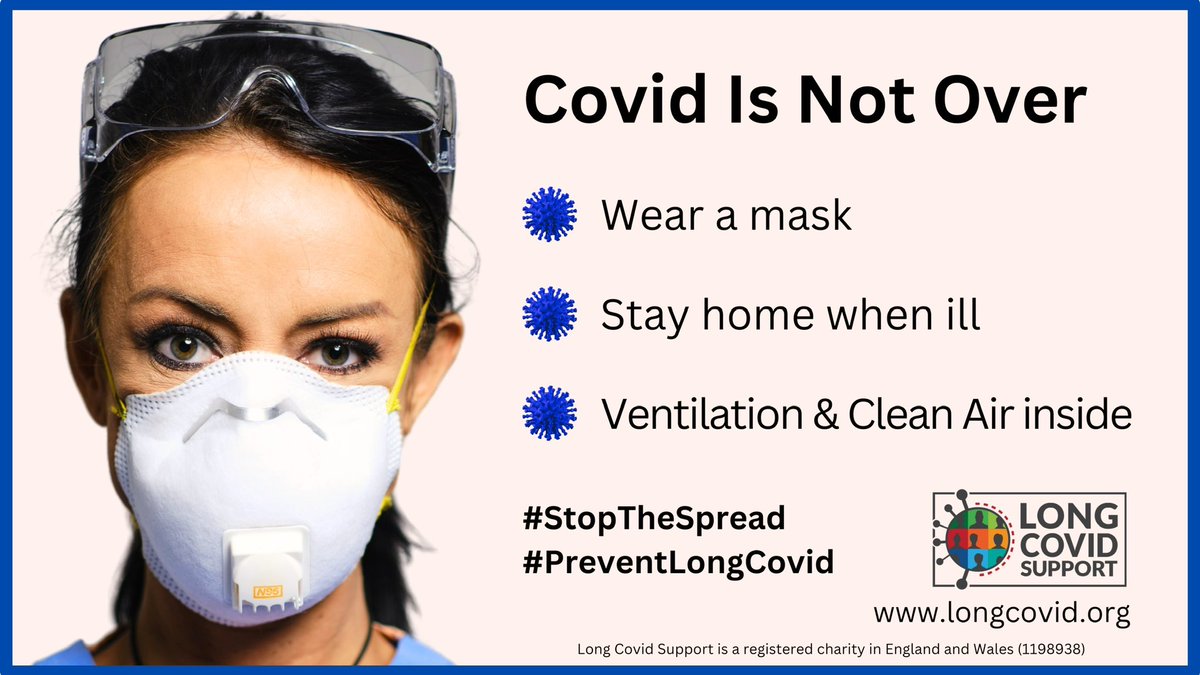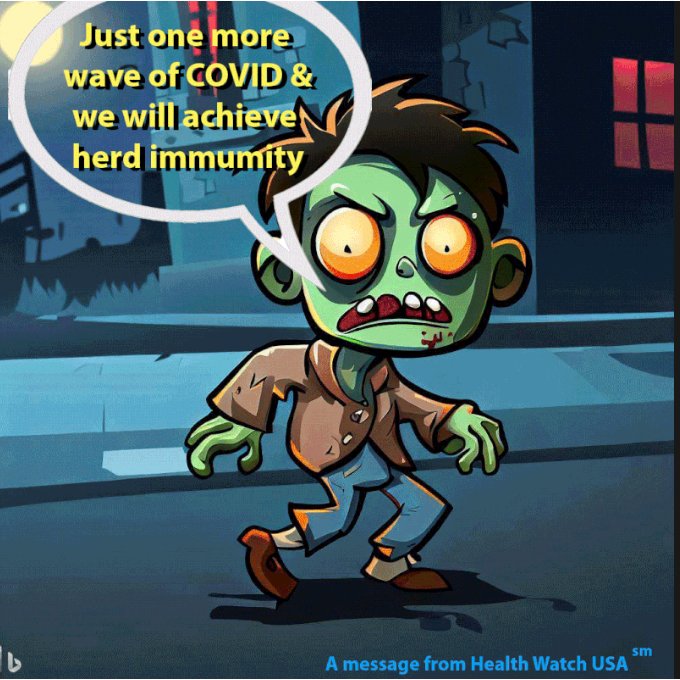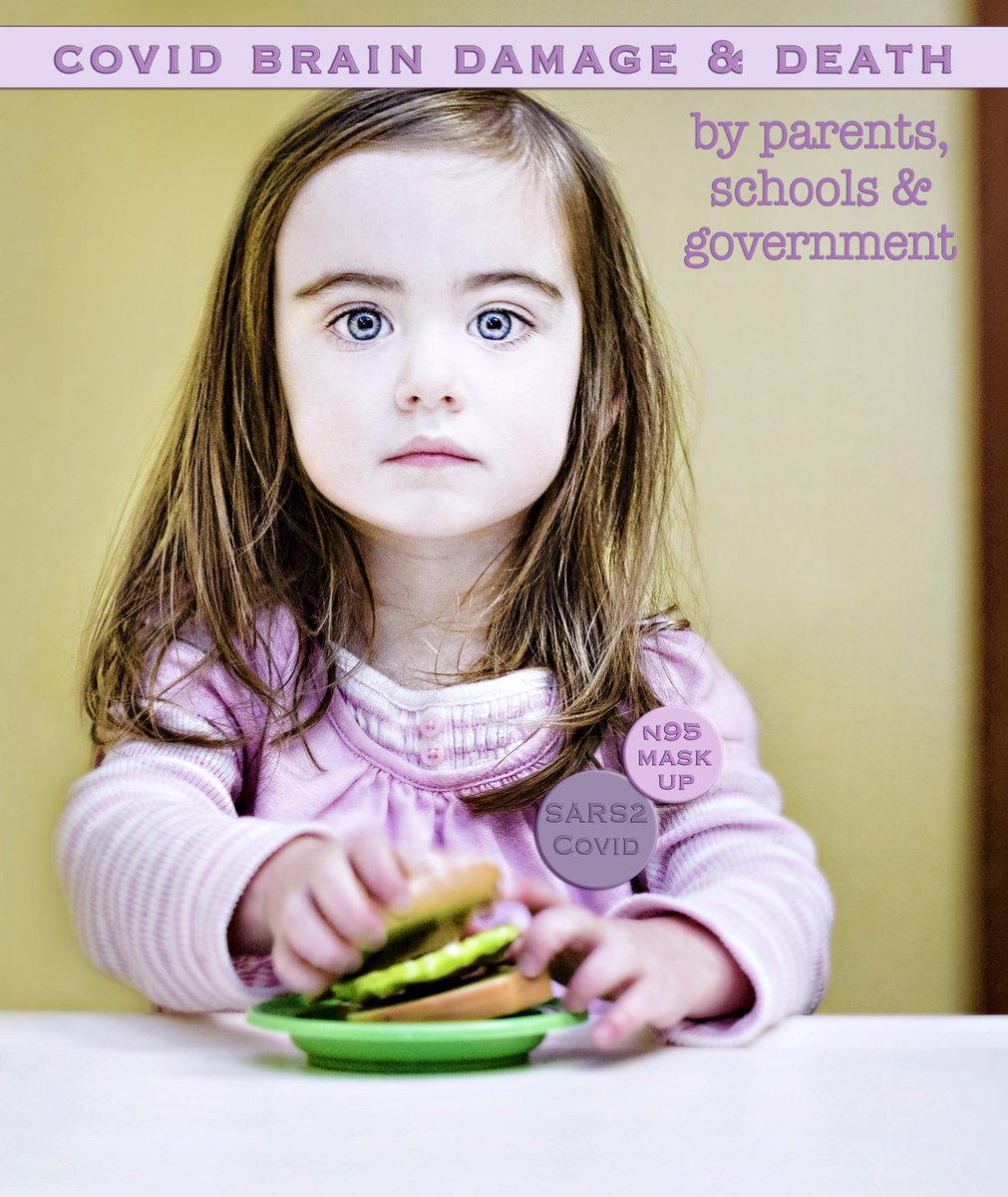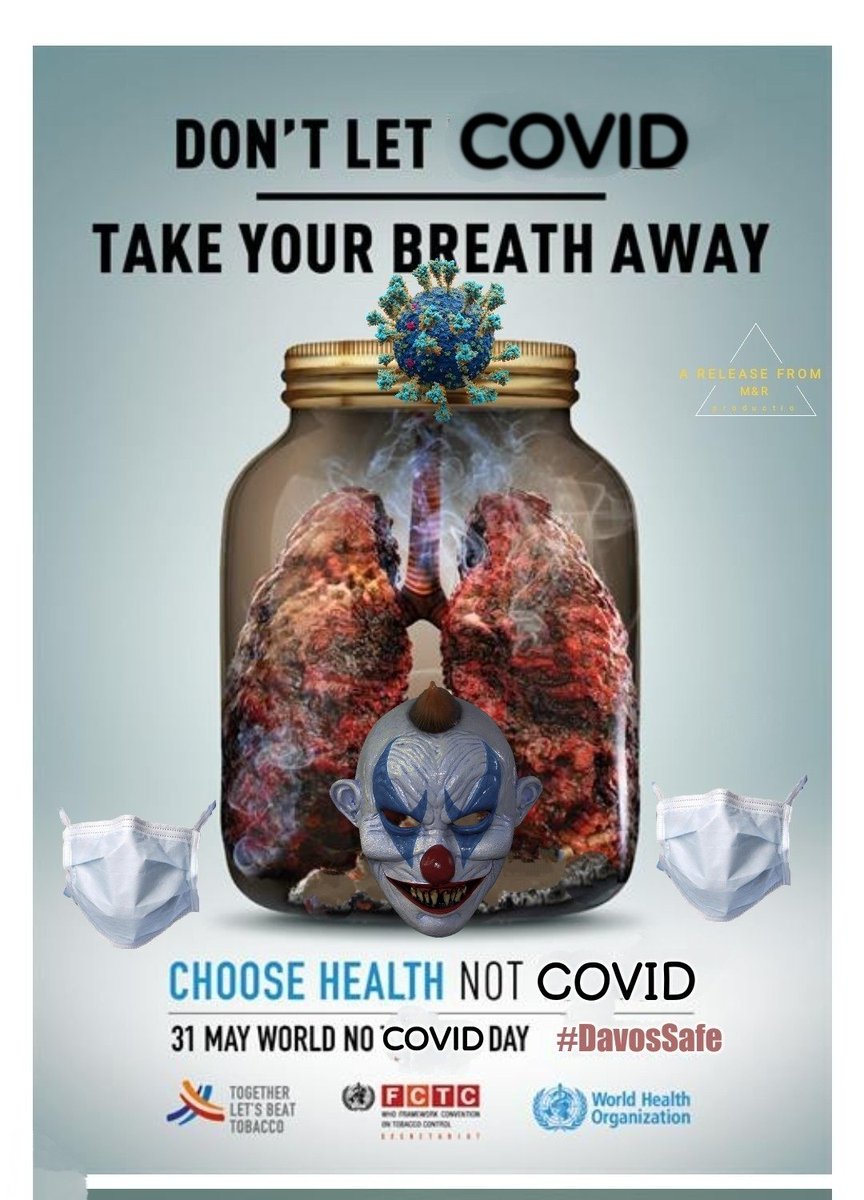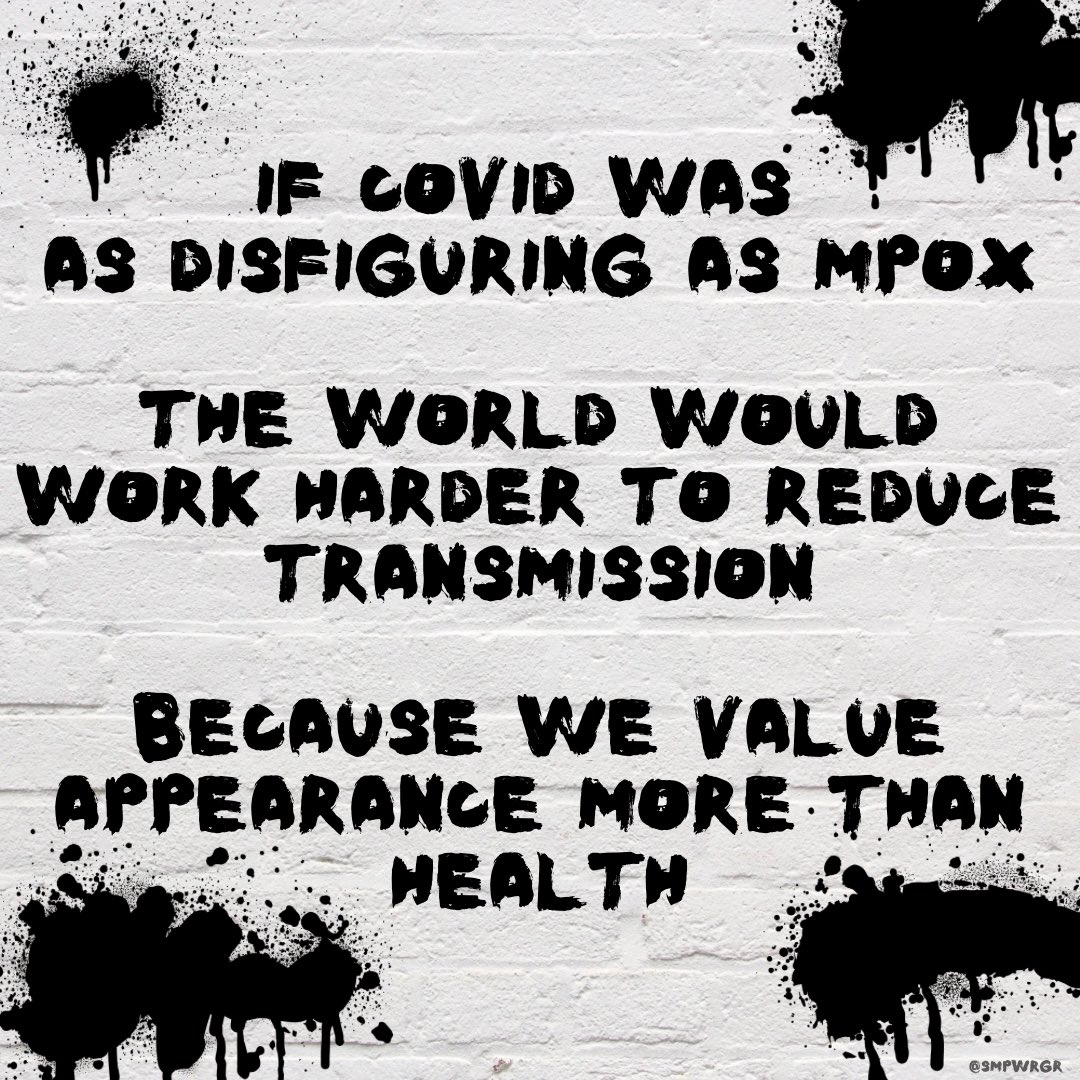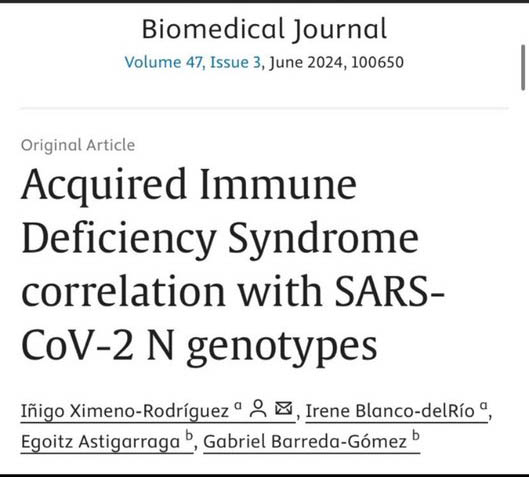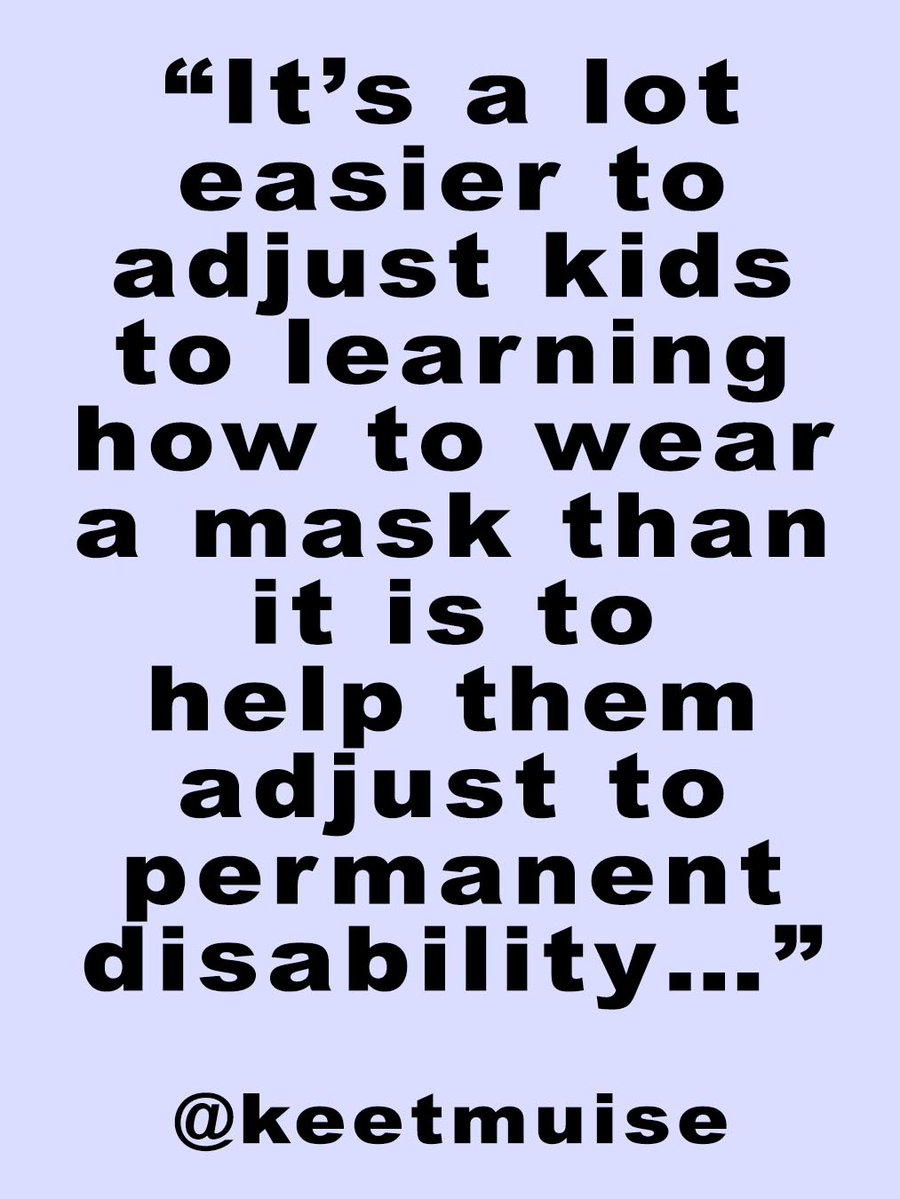1/
A common misconception: children need infections to build strong immune systems. Prof. Jörn Klein explains this is false. It's exposure to harmless microbes in nature – not illnesses like measles or flu – that truly strengthens immunity. #ChildHealth #ImmuneSystem
A common misconception: children need infections to build strong immune systems. Prof. Jörn Klein explains this is false. It's exposure to harmless microbes in nature – not illnesses like measles or flu – that truly strengthens immunity. #ChildHealth #ImmuneSystem

2/
The "hygiene hypothesis" is often misinterpreted. It's not about being "too clean," but a lack of diverse microbial exposure. Children thrive with a rich microbial life around them, from soil, animals & nature, which doesn't cause illness. #Microbiome #HealthyKids
The "hygiene hypothesis" is often misinterpreted. It's not about being "too clean," but a lack of diverse microbial exposure. Children thrive with a rich microbial life around them, from soil, animals & nature, which doesn't cause illness. #Microbiome #HealthyKids

3/
Historically, infections were the leading cause of child deaths. The dramatic decline in child mortality is thanks to improved hygiene, vaccination, and antibiotics, not children becoming "stronger" by getting sick. #PublicHealth #VaccinesWork
Historically, infections were the leading cause of child deaths. The dramatic decline in child mortality is thanks to improved hygiene, vaccination, and antibiotics, not children becoming "stronger" by getting sick. #PublicHealth #VaccinesWork

4/
Crucially, infections don't protect against allergies or autoimmune diseases. In fact, some viruses (like RSV & measles) can increase the risk of asthma, allergies, or even damage the immune system's memory, making kids more vulnerable. #InfectionPrevention #HealthFacts
Crucially, infections don't protect against allergies or autoimmune diseases. In fact, some viruses (like RSV & measles) can increase the risk of asthma, allergies, or even damage the immune system's memory, making kids more vulnerable. #InfectionPrevention #HealthFacts

5/
Frequent early infections pose unnecessary risks. Research shows each infection before age three can increase the need for antibiotics or risk of more severe illness later in life, particularly respiratory infections. #EarlyChildhood #ProtectKids
Frequent early infections pose unnecessary risks. Research shows each infection before age three can increase the need for antibiotics or risk of more severe illness later in life, particularly respiratory infections. #EarlyChildhood #ProtectKids

6/
And remember: clean air is vital! Protecting children from infections also means ensuring they breathe clean air, both indoors and out. Good ventilation & reducing pollution are key defenses for their developing lungs. #CleanAirNow #EnvironmentalHealth
And remember: clean air is vital! Protecting children from infections also means ensuring they breathe clean air, both indoors and out. Good ventilation & reducing pollution are key defenses for their developing lungs. #CleanAirNow #EnvironmentalHealth

7/
Vaccines offer a safe way to build immunity without the child getting sick. Healthcare professionals emphasize: children aren't stronger from illness, but from a safe, varied environment, good hygiene, infection control, and vaccination. #VaccineSafety #ParentingTips
Vaccines offer a safe way to build immunity without the child getting sick. Healthcare professionals emphasize: children aren't stronger from illness, but from a safe, varied environment, good hygiene, infection control, and vaccination. #VaccineSafety #ParentingTips

/8
Every infection is an unnecessary risk. Children's immune systems are strengthened by growing up in a secure environment with contact with animals, nature, and other children – alongside protection through vaccination.
H/T @scott_squires for posters!
sykepleien.no/fag/2025/06/in…
Every infection is an unnecessary risk. Children's immune systems are strengthened by growing up in a secure environment with contact with animals, nature, and other children – alongside protection through vaccination.
H/T @scott_squires for posters!
sykepleien.no/fag/2025/06/in…
• • •
Missing some Tweet in this thread? You can try to
force a refresh


